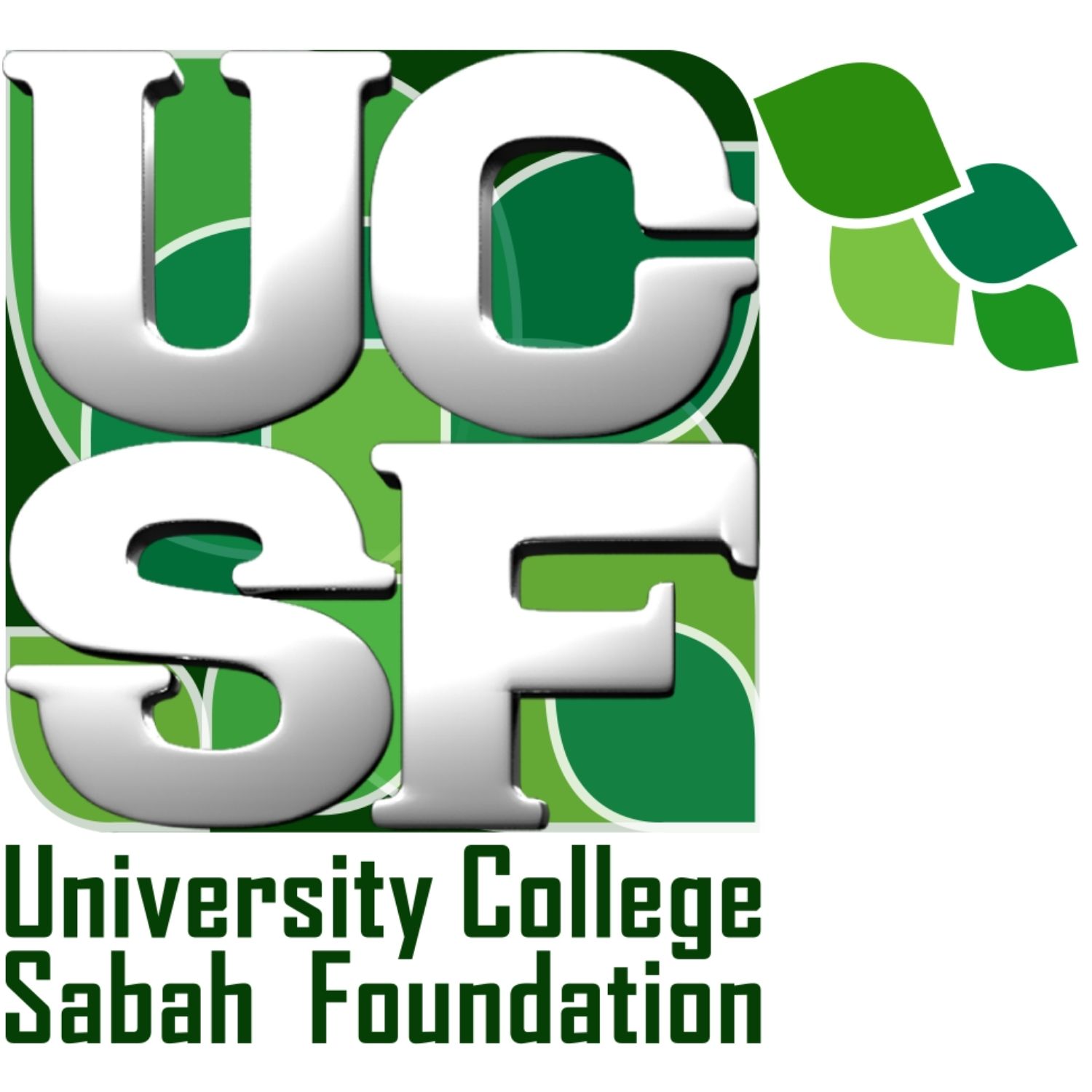Student Support & Campus Life
The Student Affairs Department (SAD), at UCSF, plays an important supporting and complementary role in ensuring the holistic development of a student – both at the personal and collective levels. There is the need to balance this empowerment.
UCSF believes that the campus must create and maintain a conducive environment to allow a student to discover their own inherent potentials and bring these to manifestation within the expectation and challenges of a society that is advancing into a developed nation in a globalized world. It is part of UCSF’s Green Concept and Philosophy that talent development and responsible empowerment must not only be holistic, but also achieve ecological harmony.
Supplementing Personal Growth
Another aspect UCSF is equally proud is its graduate’s engagement rate in society. Some 70% of its graduates are meaningfully engaged in the service of society and nature. Within this group 13% are entrepreneurial in nature. They have started their own businesses or are actively participating and contributing to the dynamicity of the gig economy.
The Student Affairs Department is certainly more than just providing value-added welfare and assistant services to UCSF students to successfully complete their tertiary studies. Rather, it looks upon itself as servicing the student’s basic needs, within the model of Maslow’s Hierarchy of Needs, to enable the students to engage in an experiential learning journey to become responsible citizens of the 21st century who would enhance the sustainable advancement of both the local and global societies.
Co-curricular Activities
Faculties are also responsible for the holistic development of the students. Together with SAD various events and activities are organised to engage physical, mental, emotional and spiritual aspects of the students. These programmes include induction programmes such as orientation for new students as well as other co-curricular activities such as leaderships or personnel skill development workshops. Another regular feature is holding career cum internship expositions and cultural activities reflecting the rich diversity of Sabah and Malaysia. UCSF students are also encouraged to engage with the society. As such Non-government Agencies (NGO) and relevant State agencies are engaged in such projects.
Clubs & Campus Activities
Various student clubs and associations are established under the purview of the Student Representative Council (SRC). The types of clubs include sports, religious, professional, socio-cultural as well as personal and communal interests. SAD is to oversee and work with the SRC in ensuring these clubs and associations are functioning according to their respective constitutions, and more importantly fulfilling to their developmental goals and objectives. All clubs and associations have a dedicated adviser to assist as well. Apart from assisting UCSF in its many public engagements and activities, SRC will also from time to time, proposes and work in partnership with SAD in organising both on and off-campus events and activities that benefits students and the university college.
Accommodation Service
New students are given priority to stay on the on-campus hostel in the first year. This short sojourn is to allow them to get acclimatised to a change of lifestyle, the demands of studying at a tertiary level in an urban environment and balancing the new freedom and the responsibility of being a matured citizen. This is especially something that UCSF believes would be beneficial to students who come from rural settings. UCSF is a city-centred campus and urban life can be quite demanding and challenging.
Counselling Service
Since a large percentage of UCSF’s students are from outside Kota Kinabalu there is the need to have a sound counselling support service. Apart from a qualified counsellor, there are additional supporting system. Among these is the mentor-mentee system in the faculties.
Alumni Services
Apart from playing a major role in UCSF’s annual graduating convocation, SAD also handles alumni services. It responsible for engaging with the college’s alumni in an active manner. Among the services it undertakes are conducting tracer studies on UCSF’s graduates to track whether they are meaningfully engaged in enhancing society. The data are not only relayed to the relevant ministries and other associated government agencies, but also are also leveraged in assessing UCSF’s own accomplishments. As part of the effort to assists its alumni, all its graduates are by default UCSF Sahabat (“sahabat” in Malay means “friendship”). The UCSF Sahabat Scheme offers various discounts, engagement and business opportunities to all the ex-warga (meaning “family members”) such that they may leverage and benefit from UCSF’s network. Equally, the Sahabats can also contribute to UCSF. It is a collaborative set up.
For more information on UCSF Sahabat, please click here.
Welfare & Discipline
The SAD is also tasked with the responsibility for providing assistance to students, especially in resolving their problems and needs. This is done in a collaborative manner, working closely with the Student Representative Council (SRC) as well as the Fellows of the hostel. Regular consultations on matters relating to the welfare and discipline of the UCSF students are carried out through open two-way communication. This trust collaboration allows for working in partnership especially in responsibly upholding the rules and regulations of UCSF. A collaborative panel will sit in cases when serious student’s disciplinary actions need to be undertaken to ensure fairness and transparency.
Student Representative Council
The Student Representative Council (SRC) is a formal student body set up to allow for student representation in UCSF. Through the SRC the students have a platform to voice their concerns and expectations. It also serves to train future leaders. As such clubs and associations come under the direct jurisdictions of the SRC, thereby allowing for student empowerment and partaking responsibility in creating and designing their own activities for furthering their own personal and collective development. The SRC members are elected annually. SAD is the governing body which oversees the election of the SRC which is guided by its own constitution. In addition, SAD also acts as an advisory body for the SRC.

